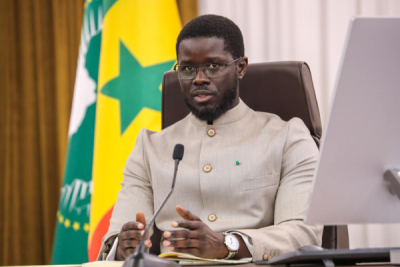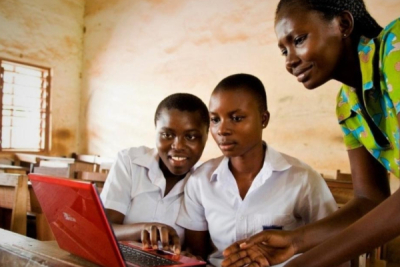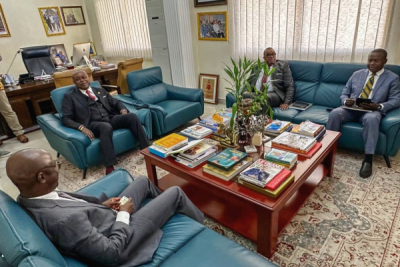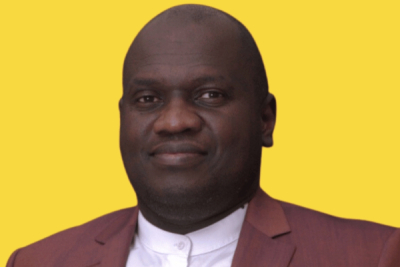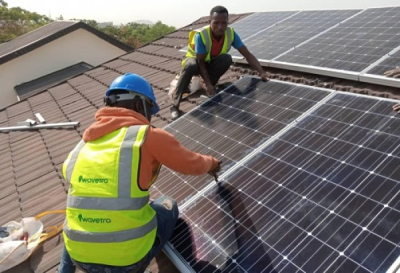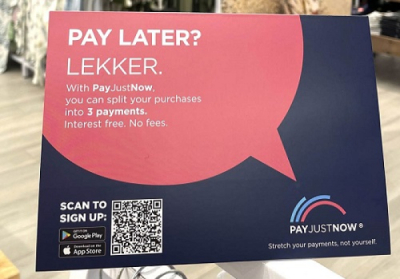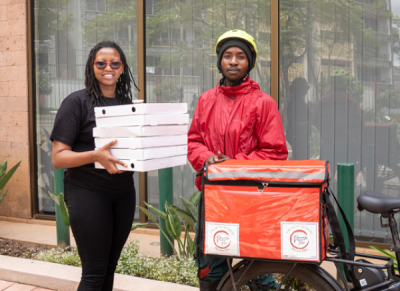Connecting households to the Internet is crucial for African development as it enhances access to information, education, and economic opportunities, fostering inclusive growth and bridging digital disparities.
South Africa plans to provide internet access to 1.5 million households in rural areas and townships, by the end of the year, by deploying Wi-Fi hotspots. Mondli Gungubele (pictured), the Minister of Communications and Digital Technologies, announced the initiative during a media briefing in Pretoria on April 4.
“We are dedicated to bridging the digital divide by providing Wi-Fi access to communities and ensuring universal access to the internet. This year, we have connected over 740,000 households to the internet, enabled by the installation of 4,250 Wi-Fi hotspots,” said Mondli Gungubele.
This initiative, part of a broader plan to connect 5.5 million households over the next three to four years, seeks to bridge the digital divide and ensure universal access to the internet. The focus is on rural and township areas across South Africa, with particular attention given to reducing the cost of data and providing affordable internet access.
Additionally, efforts are underway to equip rural schools with internet connectivity and digital skills training through the State Information Technology Agency (SITA) Cyber Labs.
According to Minges (2016) in the World Development Report 2016: Digital Dividends by the World Bank, an enhancement of 10 percentage points in fixed broadband usage could lead to a rise in GDP growth by 1.21% in advanced economies and 1.38% in emerging economies. However, to accomplish this goal, it is imperative to ensure universal access to the Internet so that all individuals can contribute to generating this wealth.
Hikmatu Bilali



